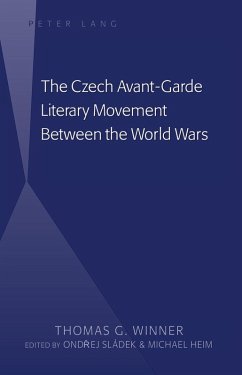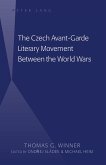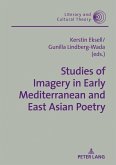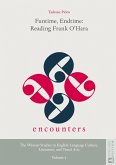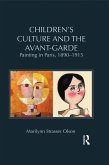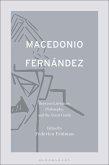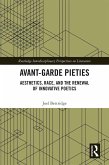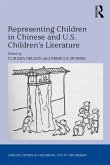The Czech Avant-Garde Literary Movement Between the Two World Wars tells the little-known story of the renaissance of Czech literary arts in the period between the two world wars. The avant-garde writers during this period broke down the barrier between the elite literary language and the vernacular and turned to spoken language, substandard forms, everyday sources such as newspapers and detective stories, and forms of popular entertainment such as the circus and the cabaret. In his analyses of the writings of this period, Thomas G. Winner illuminates the aesthetic and linguistic characteristics of these works and shows how poetry and linguistics can be combined. The Czech Avant-Garde Literary Movement Between the Two World Wars is essential reading for courses on modern Czech literature, comparative literature, and Slavic literature.
Dieser Download kann aus rechtlichen Gründen nur mit Rechnungsadresse in A, B, BG, CY, CZ, D, DK, EW, E, FIN, F, GR, HR, H, IRL, I, LT, L, LR, M, NL, PL, P, R, S, SLO, SK ausgeliefert werden.
«At last, the Czech literary avant-garde between the wars is the subject of a book as lively as its most intoxicating poetic creations. Like his mentor and friend Roman Jakobson, Thomas G. Winner was a linguistic polymath, a capacious thinker, and the embodiment of all that was most admirable in the cosmopolitan tradition of European scholarship on both sides of the Atlantic. Winner's imagination and formidable skills as a scholar are on impressive display in this book, which covers the visual arts, theater, music, and philosophy. Anyone seeking an introduction to the intensely vibrant culture of Czech modernism can do no better than this study, the lifework of one of the most thoughtful interpreters of literature of the twentieth century.» (Edward Dimendberg, Professor of Film and Media Studies, Visual Studies, and European Languages and Studies, University of California, Irvine)

